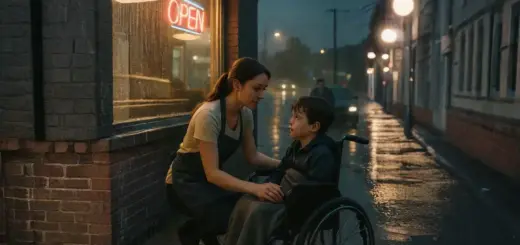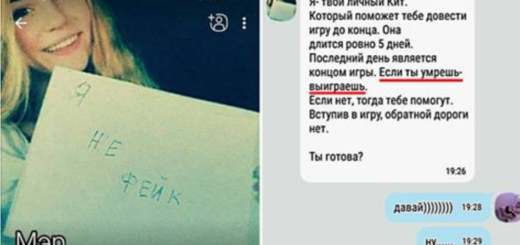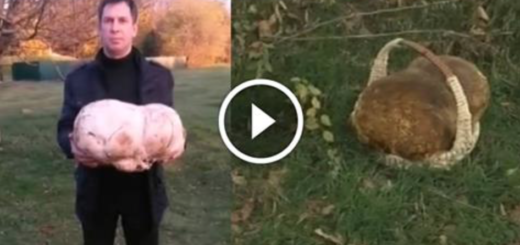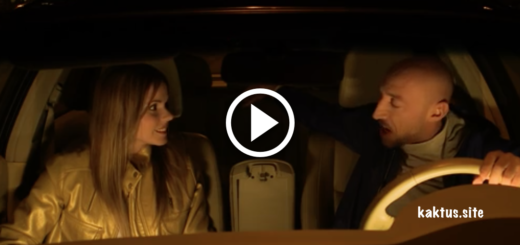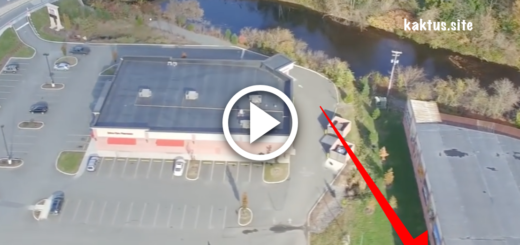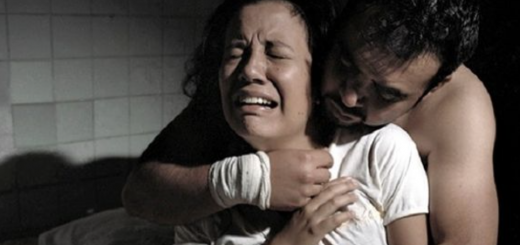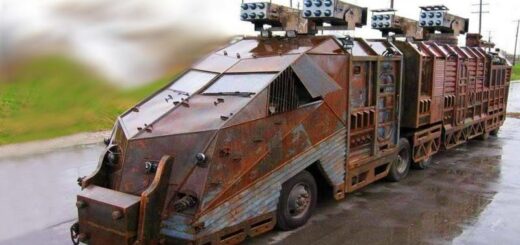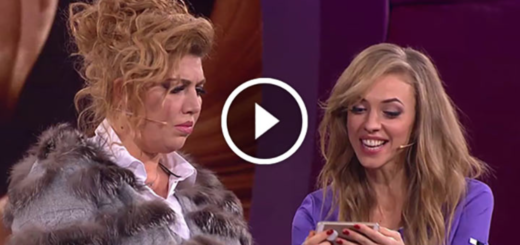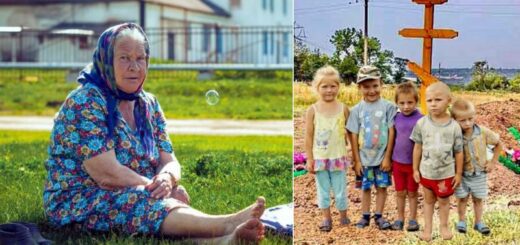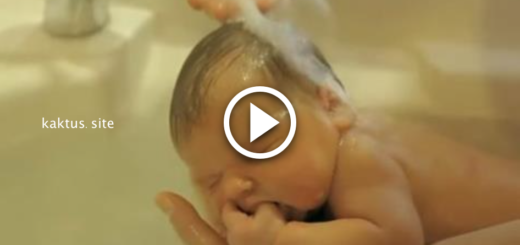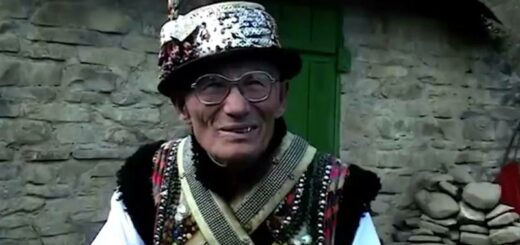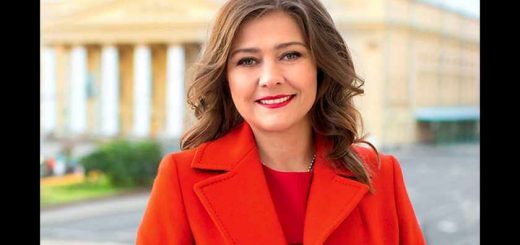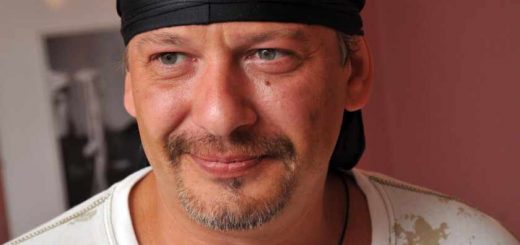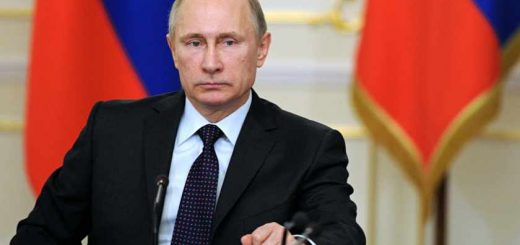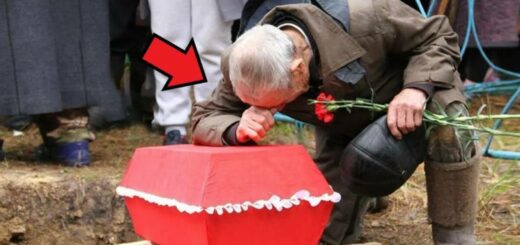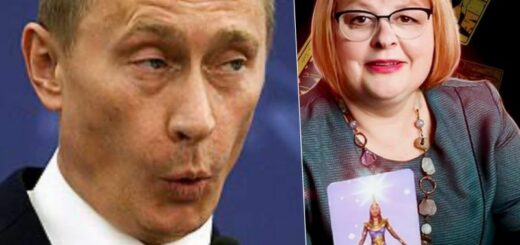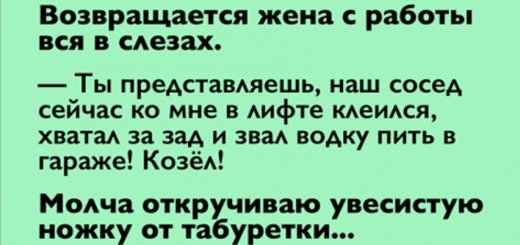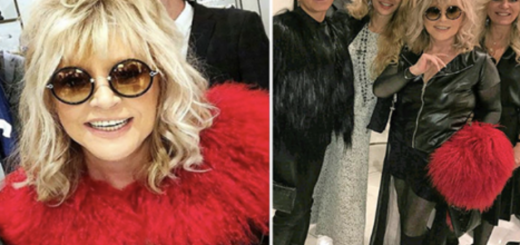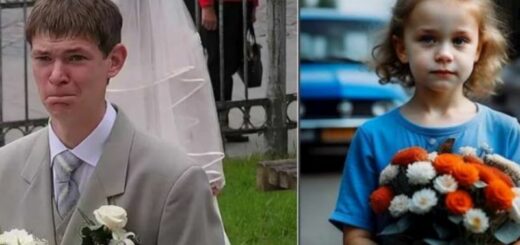I walked to the front desk on unsteady legs. The reporter smiled professionally and extended her hand. “Mrs. Patterson? I’m Jennifer Walsh from Channel 7 News. I’m doing a follow-up story on the Sterling financial fraud scandal. I understand your ex-husband was involved.”
“I can’t comment on that,” I said quickly.
“The story has gained national attention. Rebecca Sterling is facing federal charges, and several other victims have come forward. Someone was incredibly thorough in documenting the crimes. We’d love to thank whoever provided the evidence.”
After she left, I drove home to our small apartment across town, my hands shaking on the steering wheel. Emma was at the kitchen table doing homework when I walked in.
“There was a reporter at the library today asking about the Rebecca Sterling case,” I said carefully.
Emma didn’t look up from her math worksheet. “They’ll never connect it to me. I used seven different proxy servers and cryptocurrency payments for all the anonymous accounts.”
“Emma…”
“It’s fine, Mom. It’s good. The more attention the case gets, the more other victims will come forward.” She finished a problem and moved to the next one. “I’ve been monitoring the news coverage. Twelve other families have contacted authorities about Rebecca’s fraudulent investment schemes.”
The casual way she discussed her nationwide impact on financial crime investigations still caught me off guard. My daughter had triggered a federal investigation that was now protecting dozens of families, and she talked about it like a successful science project.
Three weeks later, Emma received an email that changed everything. A technology company called SecureFamily had somehow identified her and wanted to offer her a position in their youth development program.
“They’re offering me a full scholarship to any college I want, plus a guaranteed job after graduation,” Emma explained, showing me the official letter on her laptop. “Salary would start at $120,000 a year.”
I stared at the numbers on the screen. “Emma, this is incredible. This could set you up for life.”
“I know.” She closed the laptop without hesitation. “I’m turning it down.”
“What? Why?”
“Because they want to own what I create. They want me to build security software that makes money off people’s fear instead of actually protecting them.” She stood up and walked to the window of our small living room. “Besides, I already have a job.”
“What do you mean?”
Emma pulled a business card from her backpack. It looked professionally designed: “E. Patterson, Family Financial Protection Consultant.”
“I’ve been helping families secure their finances and recover from fraud for the past month. I have six regular clients now, and they pay me seventy-five dollars an hour for consultations.”
I took the card, studying the crisp design and professional contact information. “Emma, you’re thirteen years old. How are you running a consulting business?”
“Age doesn’t matter when you’re working online. My clients think I’m an adult cybersecurity expert with a specialty in family protection.” She pulled up a spreadsheet on her laptop showing her income. “I’ve made enough to replace most of my college fund already.”
The numbers were staggering. In just one month, my teenage daughter had earned more than I made in three months at the library.
“What kind of services do you provide?”
“I help families identify financial red flags, secure their digital accounts, and recover stolen money. Last week, I helped a family in Ohio get back $30,000 their son had stolen from his grandmother’s retirement account.”
“Is it legal?”
“Everything I do is completely legal. I teach people how to protect themselves and help them file appropriate reports with authorities when crimes have been committed.” Emma minimized the spreadsheet. “I’m also speaking at a cybersecurity conference next month.”
“As yourself?”
“As Dr. E. Patterson, Family Protection Specialist. I’ll participate via encrypted video conference, so my age won’t be an issue.”
That evening, I found myself reading about the Rebecca Sterling case online. The story had indeed gone viral, shared across multiple social media platforms and covered by national news outlets. The comments ranged from outrage about the fraud to praise for the anonymous hero who’d exposed the scheme. One comment thread caught my attention: dozens of people sharing their own experiences with family financial betrayal—parents stealing from children, spouses hiding assets, relatives exploiting elderly family members. Emma’s actions had opened a floodgate of similar stories. Nobody suspected the whistleblower was a 12-year-old girl.
Two months into our new life, Emma asked me a question that stopped me cold. “Mom, do you think Dad ever regrets what he did?” We were washing dishes together after dinner, and I nearly dropped the plate I was holding. It was the first time she’d mentioned Mark in weeks.
“I don’t know, sweetheart. Why do you ask?”
“I’ve been monitoring his social media accounts. He posts about starting over and making better choices, but he never mentions us.” She dried a glass with careful precision. “I was wondering if he realizes what he lost.”
“What do you think?”
Emma considered this for a long moment. “I think regret is just feeling sorry for yourself when you face consequences. It’s not the same as understanding why what you did was wrong.”
“Do you want him to regret it?”
“No. I want him to understand it. But I don’t think he’s capable of that level of self-awareness.” She folded the dish towel neatly and hung it on its hook. The conversation was clearly over for her, filed away like everything else related to her father.
Spring arrived with a warmth that felt like hope. Emma’s consulting business continued to grow, and she’d started creating free educational resources for families. She developed security checklists, warning sign guides, and step-by-step instructions for reporting different types of financial crimes.
“I want to turn this into a non-profit when I turn eighteen,” she told me one evening. “Something that provides free protection services to families who can’t afford private consultants.”
“That’s a beautiful goal, Emma.”
“It started because of what Dad did to us, but it’s become something bigger. There are so many families out there being victimized by people they trust.”
One evening in late spring, I was reading in the living room when I heard Emma on a video call. I paused outside her door, listening to her gentle voice.
“I know it’s scary discovering that your mother has been using your college fund,” she was saying, “but you’re going to be okay. I’m going to help you protect what’s left and make sure this doesn’t happen again.”
I realized she was talking to another teenager, probably someone whose family was being destroyed the same way ours had been. Emma had become a lifeline for children whose parents had betrayed them.
“The most important thing to remember,” Emma continued, “is that this isn’t your fault. Adults are supposed to protect children, not steal from them. When they don’t do their job, we have to protect ourselves.”
I walked away from her door with tears in my eyes, not from sadness, but from overwhelming pride. Mark had tried to break us, but instead, he’d forged something unbreakable. Emma had transformed her pain into purpose, her trauma into a mission to protect other families.
The next morning, Emma appeared at breakfast looking like any other 8th grader, but I knew better now. Underneath that normal teenage exterior was someone extraordinary, someone who’d taken the worst thing that had ever happened to her and turned it into a force for good.
“Ready for school?” I asked, kissing her forehead.
“Always,” she said, shouldering her backpack. “Oh, and Mom? I love you.”
“I love you too, sweetheart.”
As I watched her walk to the bus stop, I realized that Mark’s betrayal hadn’t destroyed our family. It had revealed what we were truly made of. Emma had won more than justice; she’d won her future and was using it to secure the futures of countless other families. Mark could keep his new life with whatever remained of it. We’d built something infinitely more valuable from the pieces he’d left behind. We’d built hope. And Emma was sharing it with the world.



